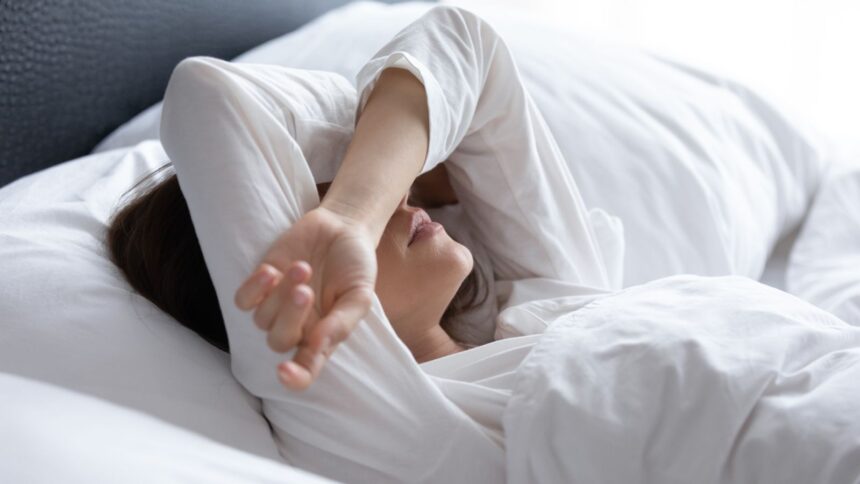In order to better understand sleep and cognition, researchers at Imperial College London looked at data from thousands of participants in the UK Biobank study.
They examined the relationship between sleep quantity, quality, and chronotype, classifying individuals as “morningness,” “eveningness,” or “intermediate” if they didn’t fit into either category.
Individuals who reported sleeping seven to nine hours a night seemed to do the best on tests measuring memory, reasoning, IQ, and reaction times.
The study, which was written up in the journal BMJ Public Health, stated that researchers discovered “superior cognitive function” among night owls and “intermediate” individuals.
Lead author Dr. Raha West of Imperial College London’s Department of Surgery and Cancer said, “Our study found that adults who are naturally more active in the evening—what we called ‘eveningness’—tended t to perform better on cognitive tests.”







